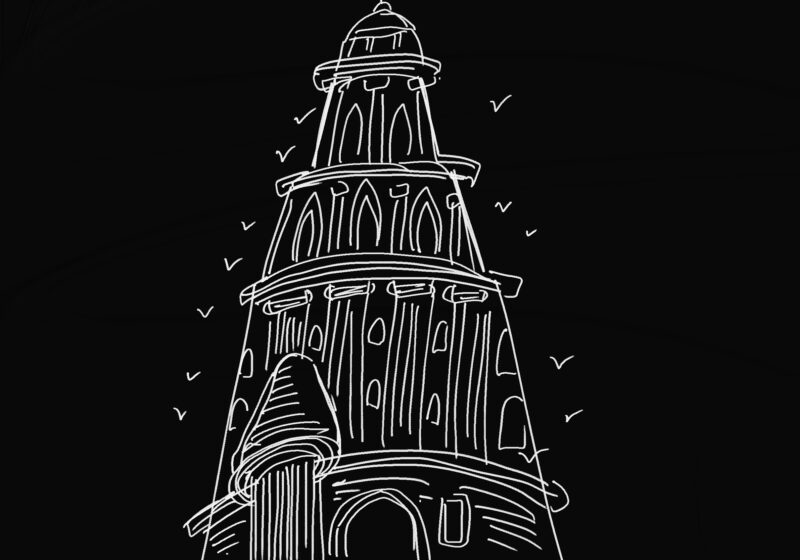This weekend, dear reader, I went for the first time to the Rochester Public Market.
It was a chilly Saturday morning, but I came prepared with a warm winter coat and UR quarter-zip. My crew of friends and I meandered around the market, enjoying the fresh produce and the homegrown business–feel that campus lacks.
To be honest, I bought things that I really did not need — I bought a blueberry flavored stick of honey that was so sweet, I gave up eating it after the first three sips, and I even considered getting out-of-season cherries just because they were the first cherries I had seen in months. I do not regret a single purchase because the money spent was a product of my happy morning away from the perpetual giant snow globe that is campus. Don’t mistake me, reader, our campus is beautiful and should be celebrated for how pleasing to the eye it can be, but a change of scenery was much needed.
My trip made me consider my purchases: It made me consider what I want as a fun purchase and what I consider to be bad purchase. It’s strongly tied to my emotions (as is most of my life is, reader) and how much money is currently in my bank account. I advise you to first lay down some ground rules, reader. Maybe create some rules on how much money you can spend on one purchase, or how many non-essential purchases can be made in a week. Once those are down, spending for fun becomes more of a feeling than a formula.
Is the purchase really worth it? Will it last me past today? Will I remember the purchase in a week? Is the purchase emblematic of this experience, or do I just want to spend money for some inane reason? Am I buying this because someone else is also spending money at the moment? Could I explain this purchase to Amma (reader, this means mother in Telugu, a language I speak)? Can I afford this?
If the purchase passes all of these questions, then seven times out of 10 I buy whatever I am considering. At times, I don’t want to get something just because I spent that extra 10 seconds looking at the item and debating whether I need it; but sometimes those 10 seconds are the time I need to fully enamor myself with the purchase. Obviously with expensive purchases and clothes much more time is spent — but the method is the same.
Soon, we’ll be in a place in our lives where we have to spend money every day on things like gas, food, rent, and utilities (if we don’t already). I feel like money should be treated as if it’s precious, but also as a means to express one’s personality or to achieve bucket list–like moments, like purchasing a ticket to that concert you’ve always wanted to go to. Relegating properly how the money you’ve worked hard to earn is spent is an important skill. If money is only spent on necessities, I feel like some of the spunk of life is taken out. Buy things that make you happy. (As long as it’s reasonable — I am not giving you a free pass here, reader). I’ll see you in seven days.




